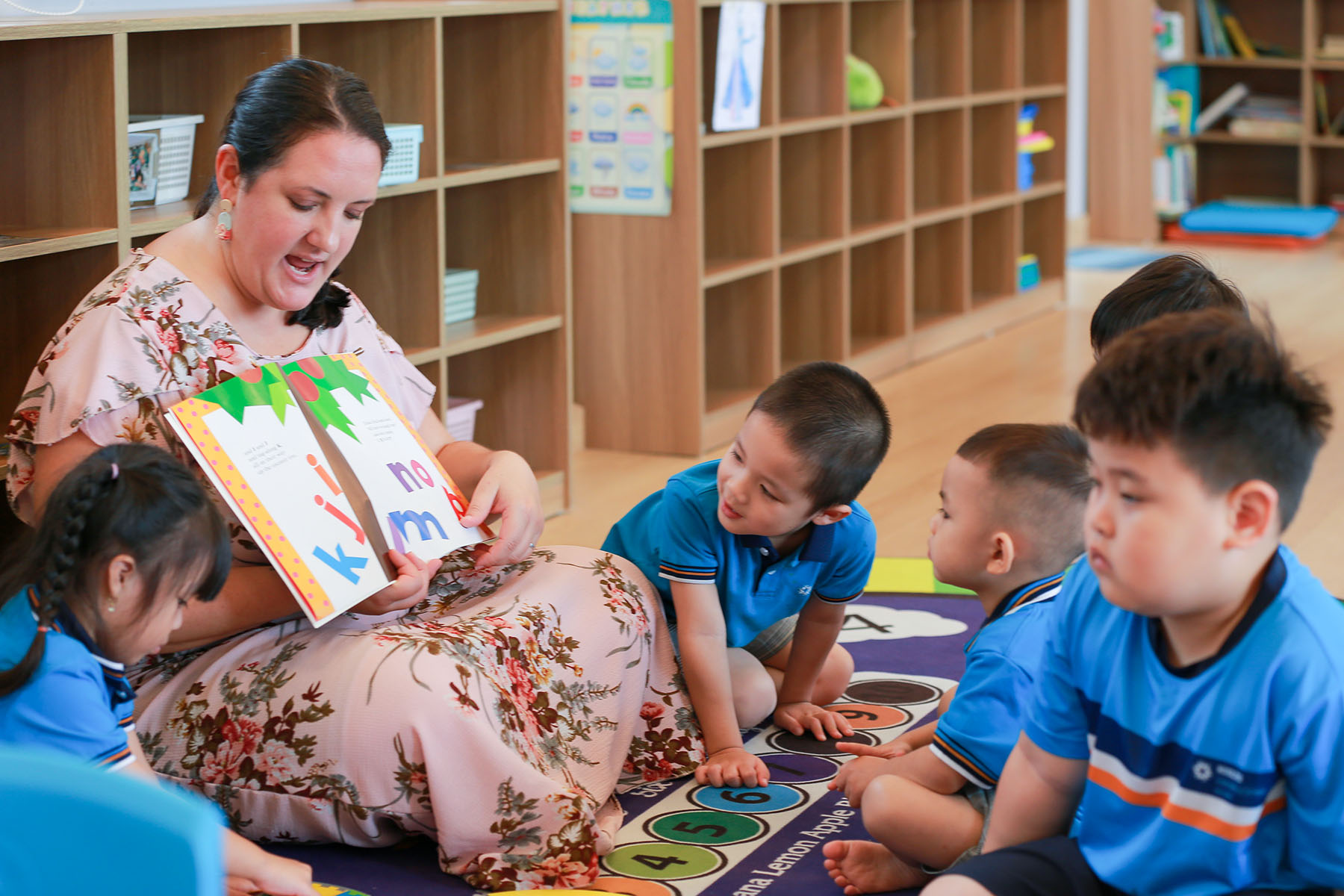Student Wellbeing (including Homeroom, Life Skills, PSHE, etc.)
Him Lam International School places a strong emphasis on student wellbeing through various initiatives, including homeroom sessions, life skills education, and Personal, Social, Health, and Economic (PSHE) education. The school fosters a nurturing environment where students develop personal, emotional, and social skills that contribute to their overall success.
– Homeroom Sessions: Each student is assigned a homeroom teacher who provides academic and emotional support, monitors student progress, and fosters a sense of belonging in the classroom.
– Life Skills Education: Students engage in lessons that develop critical thinking, decision-making, and interpersonal skills. Topics include communication, teamwork, problem-solving, and stress management.
– PSHE (Personal, Social, Health, and Economic Education): This programme is integrated across the curriculum and covers essential areas such as healthy living, digital citizenship, emotional intelligence, financial literacy, and relationship education.
– Anti-Bullying and Inclusion: The school implements proactive measures to ensure a safe and respectful learning environment, including clear policies on bullying and harassment.
– Counselling and Support Services: Students have access to a school counsellor who provides guidance and intervention on personal and social issues.
– Global Citizenship & International Mindedness: The curriculum is designed to develop students’ understanding of diverse cultures, perspectives, and global issues
Learning Support – EAL (English as an Additional Language)
Him Lam International School recognises the diverse linguistic backgrounds of its students and offers a structured English as an Additional Language (EAL) support system.
Definition of EAL: EAL students are those whose first language is not English and who require additional support to fully access the curriculum

Aims of the EAL Programme:
– Ensure equal access to learning opportunities.
– Value linguistic and cultural diversity.
– Provide targeted English language instruction to enhance speaking, listening, reading, and writing skills.
– Support students in participating fully in academic and social activities.
EAL Support Structure:
– Tier 1 (Classroom Inclusion): General classroom support through differentiated instruction, visual aids, and modified content.
– Tier 2 (In-Class Support): Additional language support within mainstream lessons, with teaching assistants assisting small groups.
– Tier 3 (Intensive Support): Targeted interventions, including small-group or one-on-one sessions focusing on grammar, vocabulary, phonics, reading, and writing.
Assessment and Monitoring:
– EAL students are assessed upon admission and continuously monitored using frameworks such as CEFR and The Bell Foundation’s EAL assessment.
– Students may receive an Individualised Learning Plan (ILP) if they require intensive support.
Learning Support – SEND (Special Educational Needs & Disabilities)
Him Lam International School is committed to an inclusive approach that supports students with Special Educational Needs and Disabilities (SEND).
Definition of Inclusion: Ensuring that all students, regardless of abilities, have access to quality education, tailored interventions, and appropriate accommodations
Types of Learning Disabilities Supported:
– ADHD, Autism, Dyslexia, Dyscalculia, Dyspraxia, Sensory impairments, Physical disabilities, and Mental health conditions.
Learning Support Services (LSS):
– Individualised Educational Plans (IEPs): Tailored learning plans with specific goals for SEND students.
– Modified Curriculum: Adjustments to the curriculum based on students’ needs and abilities.
– Specialist Support & Counselling: Includes therapy, behavioural support, and regular assessments.
– Collaboration with Parents: Parents are involved in all decision-making processes regarding their child’s educational journey.
Referral and Assessment:
– Students requiring additional support are referred to the SEND/Inclusion Team for evaluation.
– Regular monitoring and progress assessments ensure the effectiveness of interventions.
Training and Awareness:
– Teachers receive professional development to support SEND students effectively.
– Peer awareness programs promote an inclusive and supportive school culture.
